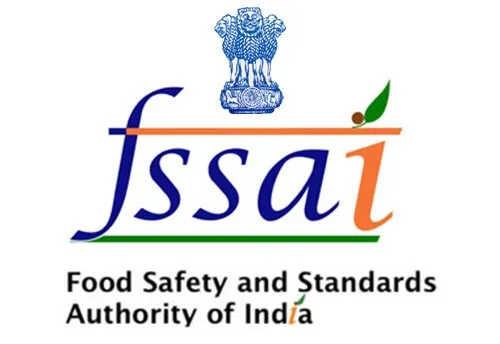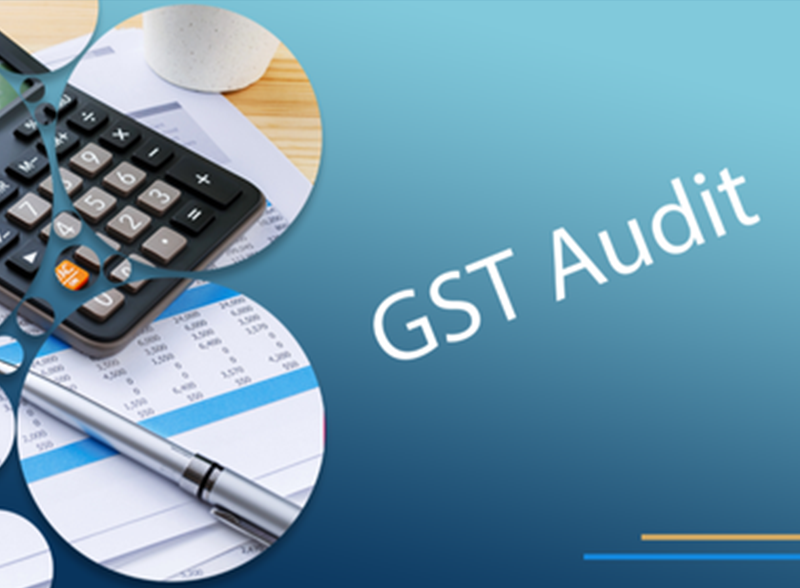- +91-9934447927
- info@theaccountsexpress.com
Our Services

GST Registration
GST Registration of a business with the tax authorities implies obtaining a unique, 15-digit Goods and Service Tax Identification Number (GSTIN) from the GST authorities so that all the operations of and the data relating to the business can be collected and correlated.Registration under GST is mandatory for all businesses whose annual turnover exceeds Rs 40 lakhs in a financial year. This threshold is Rs 20 lakhs for special category states such as Arunachal Pradesh, Assam, Meghalaya, Manipur, Mizoram, Nagaland, Sikkim, Tripura, Himachal Pradesh and Uttarakhand.
Trademark Registration
A trademark registration will confer an exclusive right to the use of the registered trademark. This implies that the trademark can be exclusively used by its owner, or licensed to another party for use in return for payment.The following is the detailed step-by-step procedure for logo trademark registration in India.
- Conduct a Trademark Search: …
- Trademark Application Filing – Form TM-A: …
- Examination by Trademark Office: …
- Potential Show Cause Hearing (if applicable): …
- Publication in the Trademark Journal:


Company Registration
Registration involves the formal recognition of a business entity by the relevant government authorities. It provides the business with a unique identity and legal standing. There is no minimum turnover requirement for a Private Limited Company (Pvt Ltd) in India. This means that a Pvt Ltd company can operate without achieving a specific revenue threshold. A company can choose to get GST registration at the same time as its incorporation, but this is optional. Only when the company’s turnover exceeds certain limits, it becomes compulsory to register under the GST.
Income Tax Return
Income Tax Return or ITR is a form used to show your gross taxable income for the given fiscal year. The form is used by taxpayers to formally declare their income, deductions claimed, exemptions and taxes paid. Therefore, it calculates your net income tax liability in a fiscal year.It is the tax amount deducted by the employer from the taxpayer which is deposited to the IT Department on behalf of the taxpayer. It is a certain percentage of one’s monthly income which is taxed from the point of payment.


FSSAI Registration
All Food business operators including pharmacies or medical stores selling Health supplements or Nutraceutical products need to apply for the FSSAI license or registration.
- PAN Card of the Business/Proprietor.
- Photo I.D and address proof issued by Government authority Director(s)/Authorised Signatory.
- Proof of possession of premises. (Sale deed/ Rent agreement/ Electricity bill, etc.) .
Tax and Management Services
Tax management refers to the management of finances, for the purpose of paying taxes.
- Digital Signature
- EPF Registration
- ESI Registration
- Food License/ Registration
- GST Registration
- Import Export Code IEC
- ISO Certification
- MSME/Udyog Aadhar Registration
- RERA Registration
- Startup India Registration
- Trademark Registration


GST Audit
Audit under GST is the process of examination of records, returns and other documents maintained by a taxable person. The purpose is to verify the correctness of turnover declared, taxes paid, refund claimed and input tax credit availed, and to assess the compliance with the provisions of GST. Any business where the total sales, turnover, or receipts exceed Rs. 1 crore in a year should have a tax audit in India. As a professional, receipts over Rs. 50 lakh makes you eligible for a tax audit.
Financials Audit
Financial Audit deals with determining whether an entity’s financial statements and information is properly prepared, complete in all respects and is presented with adequate disclosures in accordance with the prescribed financial reporting and regulatory framework. Financial statement audits provide assurance that the statements fairly present the financial position of a company. This assurance is very meaningful for external parties that rely on the financial statements, such as investors, lenders, suppliers and even some customers.

